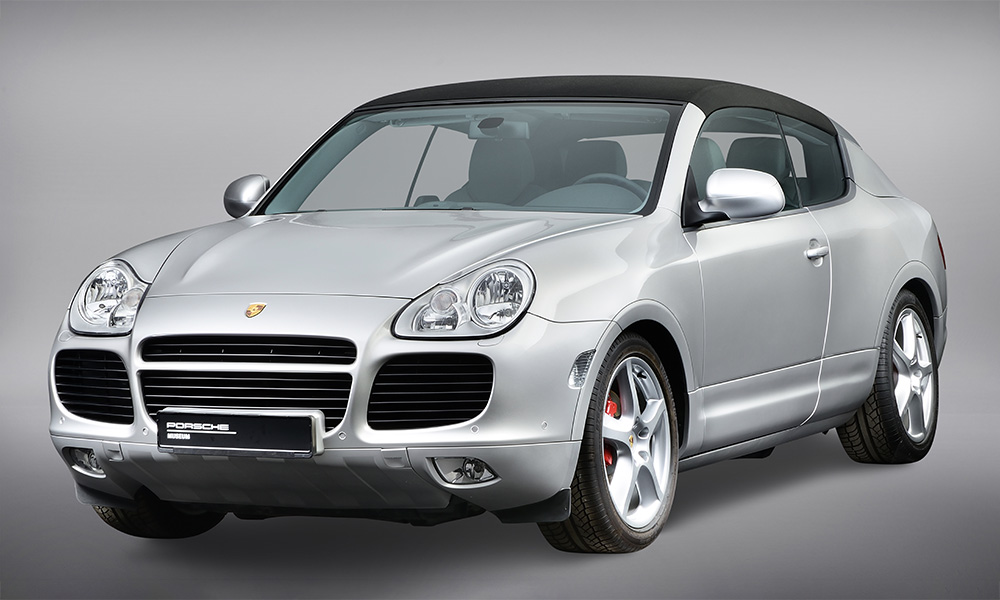
Ever since the Porsche Cayenne came out in December 2002, this iconic SUV has spawned multiple forms, including a record-beating super-SUV. But did you know that the German car manufacturer originally considered three additional variants for it: a coupe, a long-wheelbase variant with a third row of seats, and a convertible (which was actually built)?
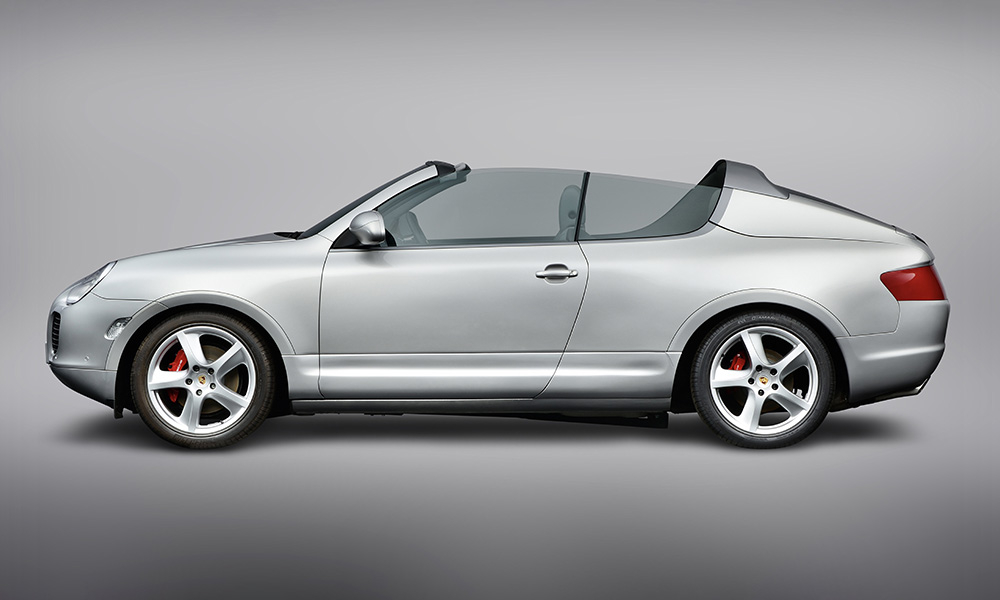
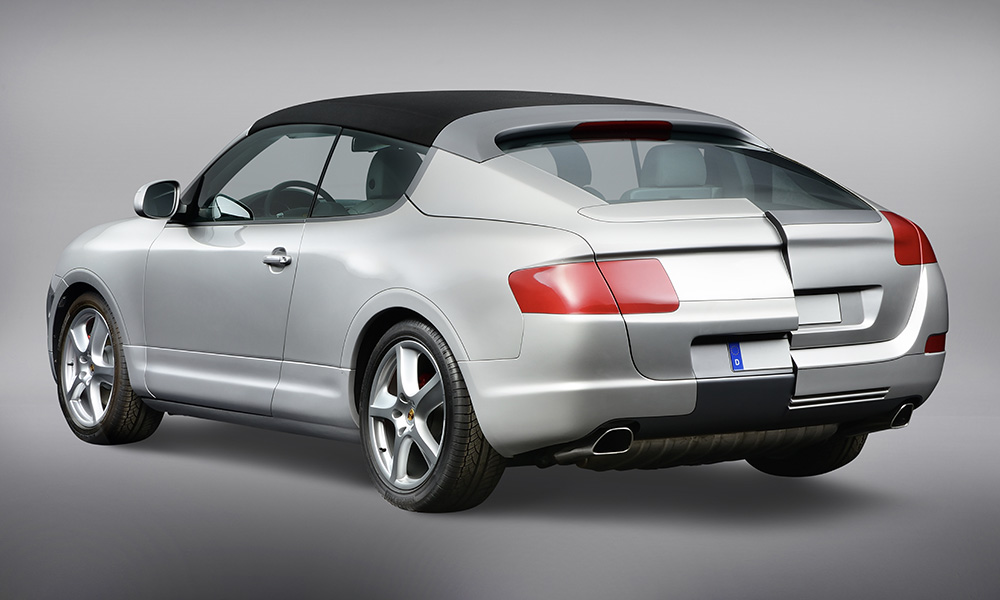
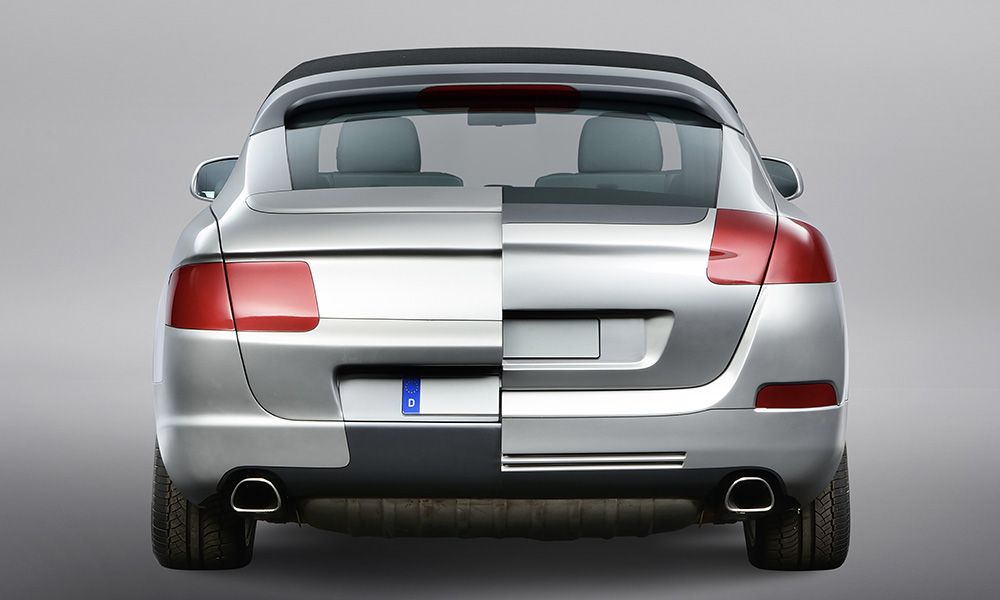
Created as a Package Function Model, this life-size prototype could not be driven on the road due to the lack of chassis-stiffening structures typically found on convertibles. This model was built to assess four criteria:
- How is the seat comfort with a coupe-like tapering roof?
- How practical is the car with only two doors, which are 20cm longer?
- Is it possible to have a high-quality soft top that folds quickly?
- How should the rear look like?
This car never went into production, but one of its elements—the convertible mechanism—would make it to the 911 Targa, where the roof would travel over a fixed roll-over bar, and fold in the luggage compartment lid in a Z-pattern.
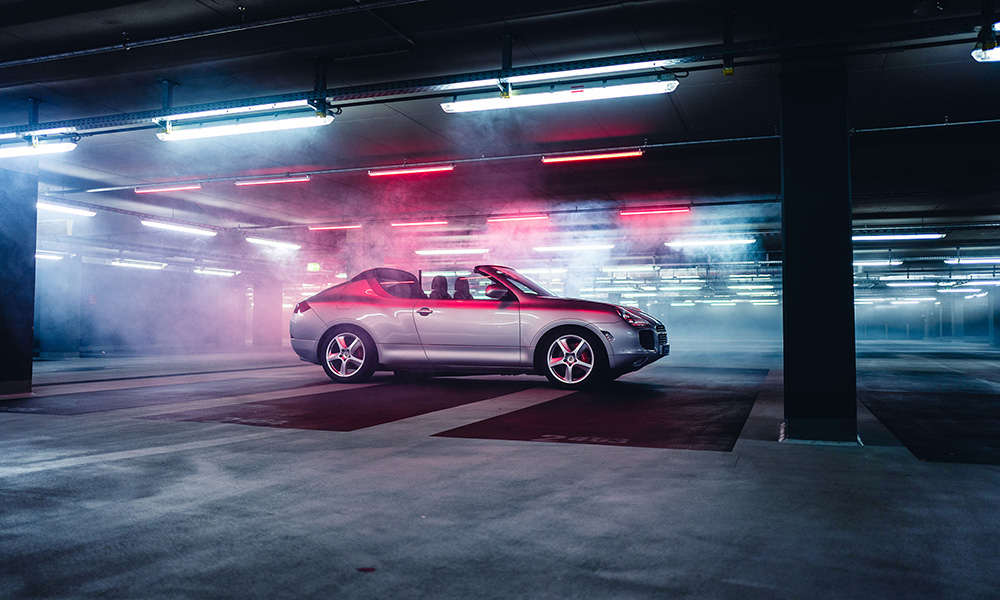
“An SUV as a convertible is a challenge both aesthetically and formally,” says Michael Mauer, chief designer of Porsche. “An SUV always has a large and heavy body. You combine this with a small top half and then cut off the roof—you get very strange shapes emerging from that.”
Although a coupe version of the Cayenne went into production in 2019, the convertible didn’t make it since it didn’t look promising financially and design-wise. Today, you can see this single open-top Cayenne at the Porsche Museum with the fabric top stowed away in the luggage compartment.


0 Comments